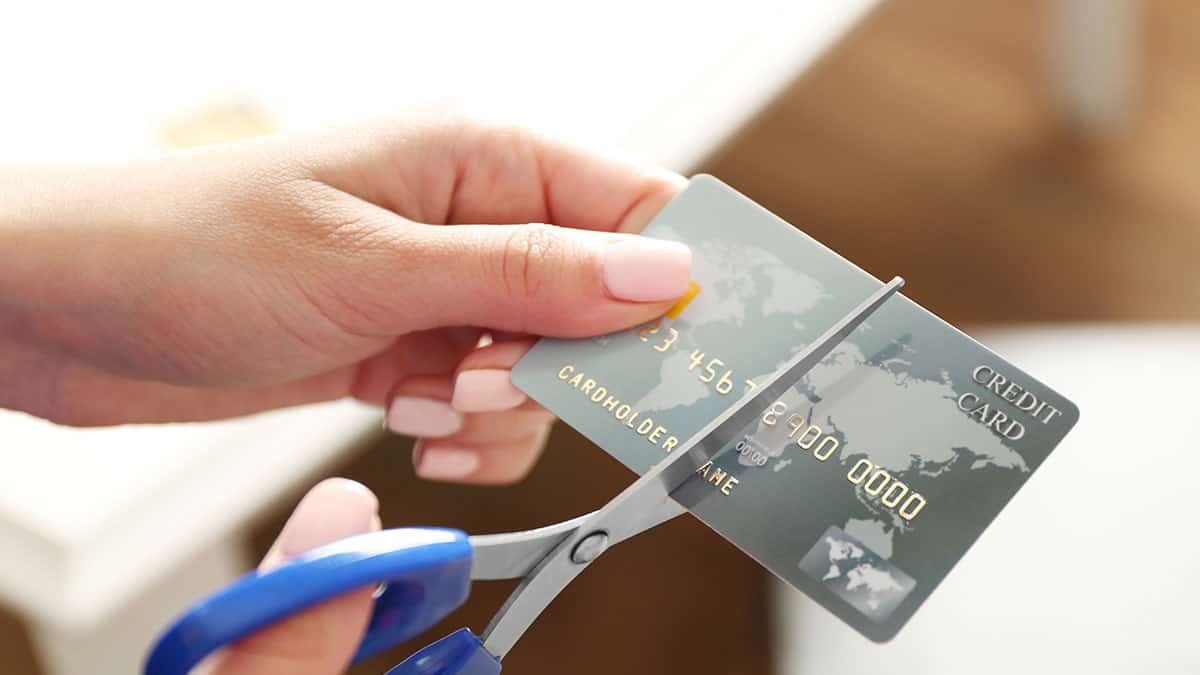Managing credit card expenses effectively is crucial in today’s financial landscape. The ability to reduce credit card costs without compromising on the benefits is a skill that many hope to master. Understanding how to balance expenses and rewards can empower you to use your credit card smartly while keeping unnecessary fees at bay.
In this blog post, we will explore strategies to help you cut costs on your credit card while still enjoying the valuable benefits they offer. This way, you can maximize your financial health and experience peace of mind.
Understanding credit card charges and rewards

When it comes to credit cards, fees and benefits are two sides of the same coin. Many cardholders are unaware of how fees accumulate and how rewards systems can be used to their advantage. By familiarizing yourself with the different types of charges—such as annual fees, interest rates, and foreign transaction costs—you can create a roadmap to minimize these expenses.
Simultaneously, it’s crucial to understand the rewards offered by your card, like cash backs, travel points, or discounts at specific retailers. This knowledge allows you to strategically align your spending with the perks that matter most to you, ensuring you get the best possible return on your purchases.
Comparing credit card options for maximum benefits
Choosing the right credit card is pivotal in managing your expenses and maximizing rewards. It’s essential to evaluate several alternatives to find a card that aligns with your spending habits and financial goals. Look for cards with low or no annual fees, reasonable interest rates, and rewards that fit your lifestyle.
Many financial institutions offer card comparison tools to help prospective clients make well-informed decisions. By comparing, you not only identify better reward programs but also avoid unnecessary costs. It’s about finding a perfect balance where the advantages outweigh the expenses.
Optimizing your card usage strategy
Once you have the right card, optimizing how you use it can significantly reduce costs. A crucial step is creating a spending plan that prioritizes necessities while setting limits on discretionary spending. This planning should include monitoring your spending habits regularly to avoid going over budget.
Consider setting up automatic payments to avoid late fees and interest charges. Additionally, utilizing balance alerts can keep you informed about your spending in real time, ensuring that you never spend more than you can afford to pay back by the end of the billing cycle.
Implementing rewards to offset charges
Using rewards strategically can help offset any unavoidable charges, ultimately minimizing the cost of your credit card. Start by focusing your spending on categories where you earn the highest rewards. For example, if your card offers bonus rewards on groceries, consider using it specifically for those purchases.
Redeem your rewards smartly, too. Some cards offer enhanced value when rewards are used for certain purchases, like travel or gift cards. Stay informed about any special promotions or offers from your card issuer, which could provide additional opportunities to save or earn extra benefits.
Achieving a balanced credit card strategy
In conclusion, the key to managing credit card costs while retaining their advantages lies in understanding, selecting, and using your card wisely. By making informed choices, evaluating available options, and implementing strategic usage, you create a financially sound path forward.
A balanced approach not only saves you money but also enhances your financial wellbeing. Use your credit card as a tool to support your lifestyle, while continuously adapting your strategy as new offers and tools become available. This holistic approach ensures that you reap all the benefits without the burden of unnecessary fees.




